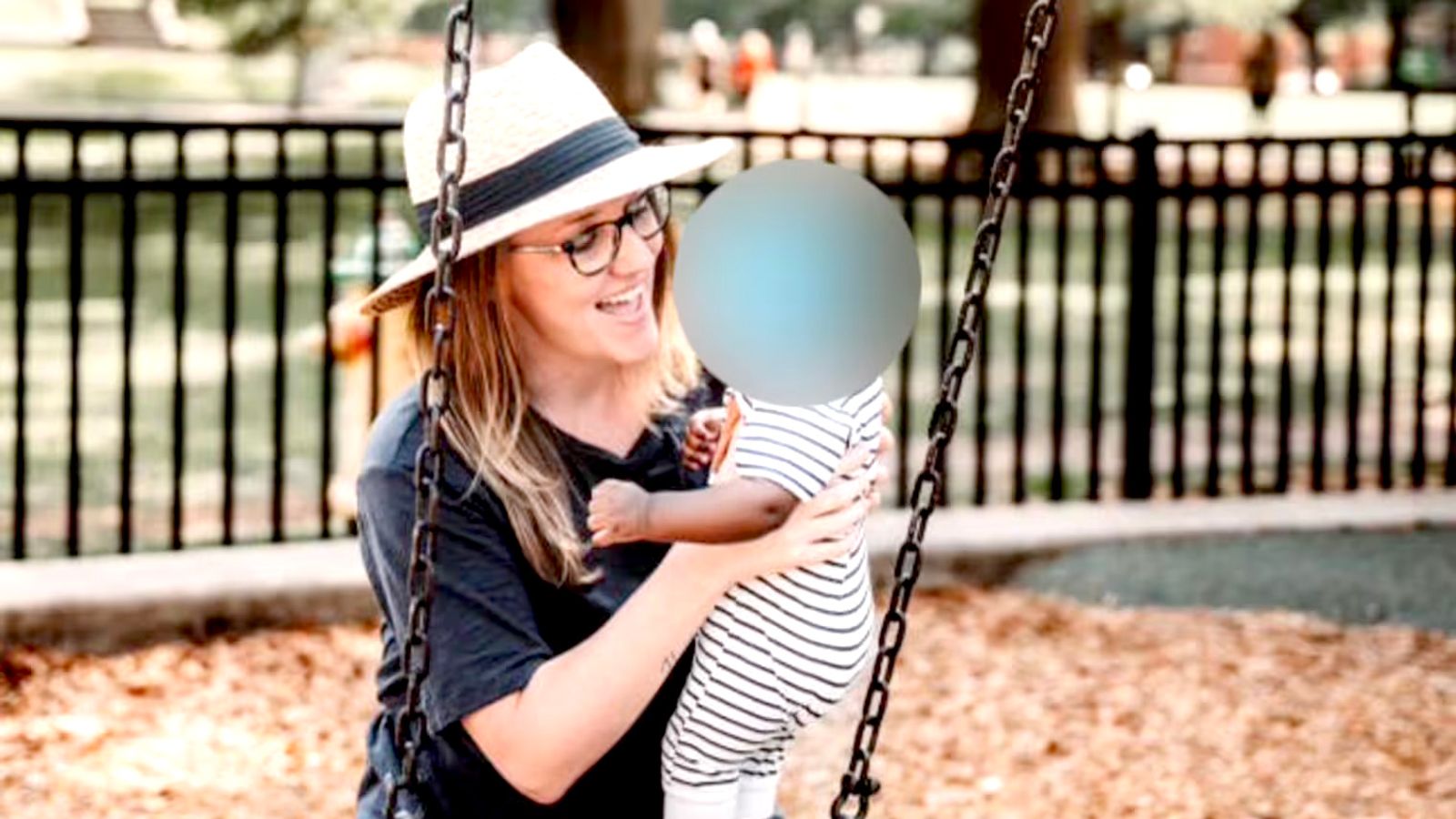A woman from Savannah, Georgia, is suing a fertility clinic after she gave birth to a child that was not biologically related to her, due to an apparent mix-up during the in vitro fertilization (IVF) process.
The lawsuit, filed on February 18, 2024, reveals that Krystena Murray, 38, unknowingly carried and gave birth to a child who belonged to another family, a devastating discovery she made immediately after delivery.
Murray, a wedding photographer, had sought the help of Coastal Fertility Specialists, a clinic operating in both South Carolina and Georgia, to conceive a child using sperm from a donor who resembled her.
She chose a donor with white skin, dirty blond hair, and blue eyes, but when she delivered the baby in December 2023, Murray was shocked to find that the newborn was a dark-skinned, African American child.
“I walked in a mom with a child… and I walked out with an empty stroller,” Murray shared, recalling the heart-wrenching moment she had to hand over the baby to the biological parents five months later, after DNA tests confirmed the child was not hers.

READ ALSO: Florida Man Charged with Triple Murder After Estranged Wife, Father-in-Law, and Neighbor Found Dead
The lawsuit accuses Coastal Fertility Specialists and Dr. Jeffrey Gray, the clinic’s director of embryology, of negligence and seeks damages and a jury trial. Murray claims that the mix-up turned her into an “unwitting surrogate” for another couple.
Her attorney, Adam Wolf, emphasized the rarity of such mistakes but called it a “cardinal sin” for any fertility clinic.
The clinic has expressed deep regret for the error, acknowledging the distress caused and stating that they’ve implemented additional safeguards to prevent future incidents.
However, Murray has not received any answers about the fate of her own embryos, which raises further concerns.
IVF mix-ups are exceedingly rare, but Murray’s case is not isolated. Similar incidents have occurred in other states, prompting calls for greater oversight of fertility clinics to ensure such tragic mistakes do not happen again.















